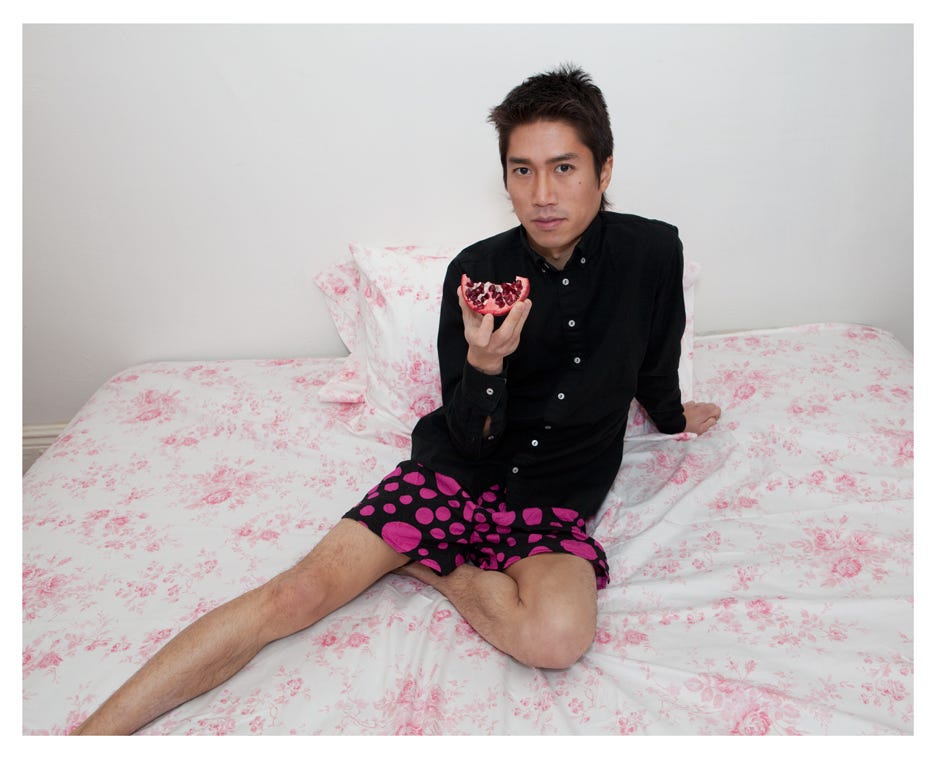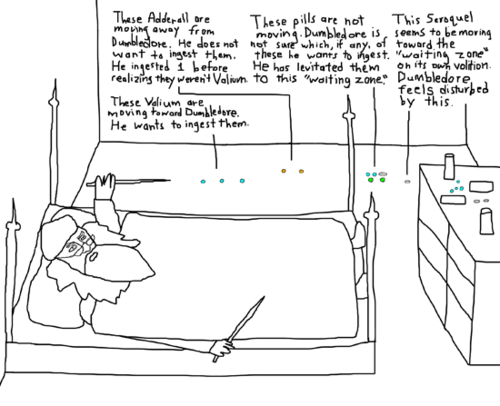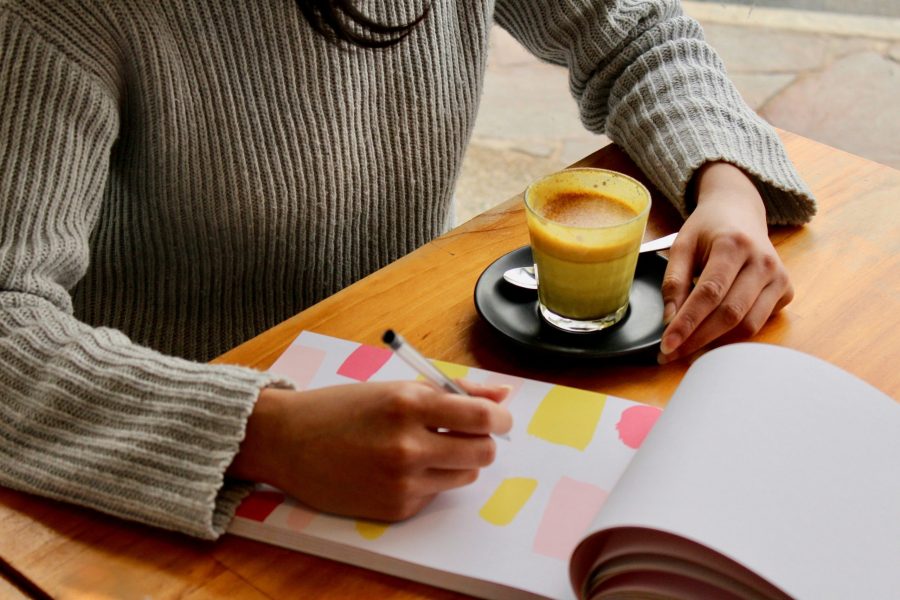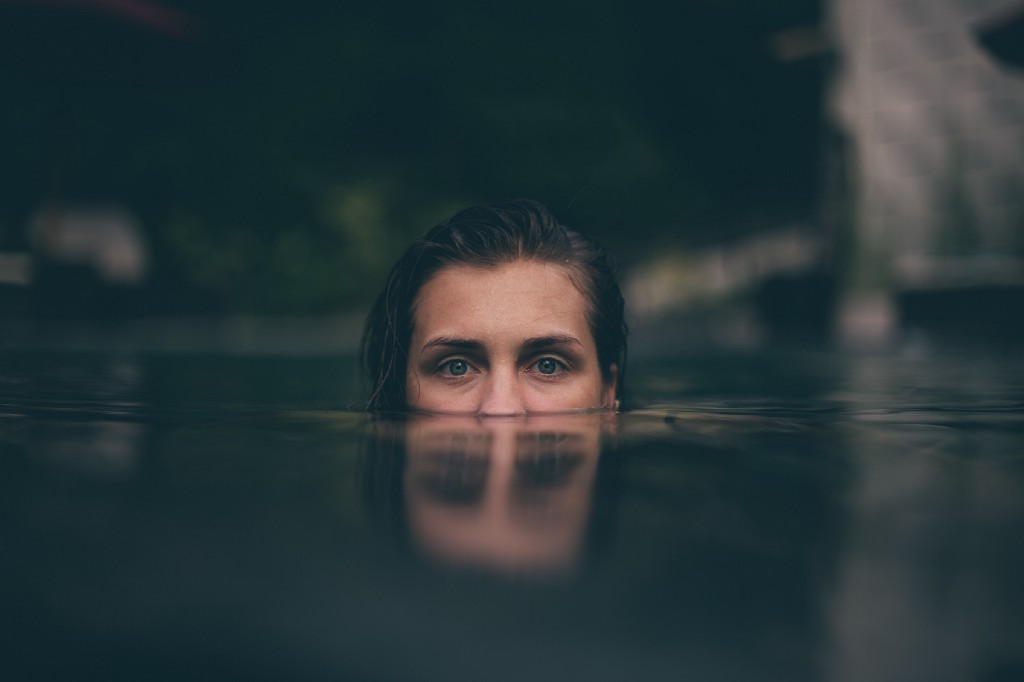Interviews
Interview with Tao Lin


If you pay attention to the internet literary world, you’ve probably seen the sparkly images of Tao Lin’s new novel, Taipei, for a while now. Well, the wait is over, kids — the book comes out tomorrow.
The body of Lin’s work bares its fare share of hallmarks: a prevalence of technology and internet “culture,” direct and clear prose, and a magnification of the mundanities of life that renders it absurd. Taipei features all of this, but allows for a greater resonance than Lin’s previous work by letting us explore the protagonist’s thoughts and feelings. The book chronicles a lot of drug use (surprise), travel, and plenty of family tension, but is mostly a fictionalized account of his highly-public courtship, marriage, and eventual break-up with Megan Boyle (Paul and Erin, in the book). We are shown a couple cursed by a hyperactive proclivity for self-analysis and reflection, and all the pain and hilarity that results is presented without pretense or even much of an explanation, causing the book to bear Lin’s trademarked sleekness while also managing to be deceptively heartbreaking.
Lin agreed to do an interview with me via Gchat, but only after I promised not to ask any “annoying questions about craft” (my words). The result is as follows.
***DRUGS***
JE: What is your favorite drug?
Tao: I don’t know. I think most of the time, or something like 50% to 80% of the time, my feeling is that I dislike & want to gradually use less drugs.
I think I’ve tweeted that I want to strangle whomever invented Adderall.
JE: Adderall is a terrible drug and I think it is totally fucked up they give it to little kids.
But that is also how I got A’s in college.
Tao: I think it is very bleak that a percentage of elementary school kids have been prescribed Adderall & use it daily.
Or middle school or high school kids.
JE: Yeah, I feel like it should only be used in a way to abuse it, like people should view it for what it is, which is clean speed.
Tao: I agree. I’m 99% certain there isn’t something called ADHD that is cured, or helped, by Adderall.
JE: Did Adderall help you write the book? Cus I know you asked for it on the internet, but it seems like it hinders creativity, at least from my experience.
Tao: I think Adderall helped in that it increased my motivation to do anything, but that’s not exclusive to writing. And I’m sure I probably would’ve been more motivated if instead of Adderall I, like, did cardiovascular exercise every day.
JE: Yeah, most drugs actually cancel out and then intensify what we wanted them to do in the first place.
Tao: It seems like, a lot of the time, when drugs get discussed, the concept of “tolerance” is completely ignored.
That you need to use more for the same effect, and that, say, if you get, like, +5 motivation…then later you’ll experience -5 motivation.
JE: Yeah, I was confused by why Paul & Erin did so much MDMA, cus that stops working as well if you do it multiple times in a week.
Tao: I think they were, at points, subconsciously ignoring that the body will become tolerant to [maybe anything, any chemical reaction], like if Paul read something online saying like “it’s okay to take MDMA every day, I took it every day for 5 years,” he would, at certain points in the book, immediately use that to easily justify using more MDMA.
JE: And ignore it if he read somewhere that it’s bad to do it too much, puts holes in the brain, builds tolerance, etc.?
Tao: Like how at the end of part 4 he keeps stressing that they did all that cocaine, MDMA, Adderall, caffeine and still feel okay…because he wanted to believe that there’s a way, like a magical way, just by ingesting something, to feel good without having to do any work and without the consequence of feeling bad later.
Yeah, and ignore things he reads that say it’s bad.
JE: Makes sense, like magic for grown-ups.
Tao: The entire spectrum of information — from it being some magical potion with no side effects, to it being easily fatal and that it literally causes holes in your brain — seems to be out there, so basically you can believe anything and probably easily find evidence, or some person’s thoughts they’ve typed on some message board or published in Time Magazine to support your belief.
JE: Yeah, and it seems like most people are rather extreme in their beliefs, from one pole to another.
When in truth, drugs are fine if you use them occasionally — perhaps even good — but when it turns into “abuse” then they become a negative thing.
Tao: I think people feel pressure to stress their point. Like if they don’t overstate the situation — this is true, I feel, with media that is conventionally trusted like the New York Times — it won’t be notable enough, or as notable as a piece by another person who’s willing to exaggerate things, to get published.

Photo courtesy of Brea Souders
***FLORIDA, MIDDLE SCHOOL, AND ALSO THE ‘90s***
JE: You grew up mostly in Florida, right?
Tao: Yes, Central Florida.
JE: Can you please explain to me why Florida is so weird, cus it seems like all the good episodes of Cops take place in Florida.
Like, “It’s not my baggie, I was just holding it for a friend.”
Tao: I think I only lived in non-weird areas of Florida. It seemed normal to me. People seemed nice, crime seemed low.
I went to a large public school.
JE: And what was that like?
Tao: Everyone seemed nice. I was endeared by how nice everyone was. And I assume the kids in private schools were maybe even nicer.
I have one memory of racism.
In my high school of maybe 1500 kids there were maybe, like, 10 Asians.
One kid who lived in like a more rural area called me, I think, a chink. But he was routinely called a “redneck” or “hick” by everyone and was like sort of my friend.
JE: Was he trying to hurt your feelings for some reason?
Tao: I don’t think so. I think it was probably language that was normal in his household. It was also middle school, so maybe he was trying to be mean. But I remember that him calling me that was, like, frowned upon by everyone.
There wasn’t racism, pretty much, in my view. But everyone called everyone else “faggots” a lot.
I remember being one of the only kids who wouldn’t say that word. There were others that wouldn’t say it, and I felt camaraderie with them.
JE: Yeah, I am not sure if I am right about this, but I feel like ours was possibly the last generation where homophobia/gay-bashing was okay, socially
Tao: Maybe. I’d be interested in what kids are calling each other today, in the middle school I went to.
JE: Yeah
Tao: The word “gay” was used so often, when I was in middle school. “That’s gay.” “You’re gay.” “This is gay.”
Kurt Cobain was respected by everyone during middle school, or maybe like 95%, I think, at my school, and I’m pretty sure he didn’t approve of derogatory usage of “gay” or “faggot.”
I think he died when I was in 7th grade.
He went to jail for spraypainting “God is gay” somewhere, I think.
JE: hahaha
That’s a good reason to go to jail
JE: I am trying to think of someone who functions as a Kurt Cobain in terms of popularity but also importance/artistic credibility/whatever and I can’t, but maybe I am too old or pessimistic to judge that properly
Tao: Let’s try to think of someone.
I can’t, so far.
JE: I was thinking of Kanye but I think I only like Kanye because he’s not afraid to say dumb shit.
Tao: A lot of people dislike Kanye also.
I feel like almost no one disliked Kurt Cobain.
JE: I feel like the ’90s had a lot of good shit going on, with things like Nirvana & also rap
Tao: I feel like a lot of my favorite things came out in 1999.
JE: like what?
Tao: I feel like probably it’s because we were 16 or 17 in 1999.
Maybe most people feel like their favorite things came out when they were 16 and 17.
Tao: Actually all I can think of currently, from 1999, is Being John Malkovich.
JE: I referenced that movie in class today and my students had no idea what I was talking about.
It made me sad.
Tao: Nirvana is referenced throughout Taipei.
JE: Yeah, I noticed that
Tao: Kurt Cobain died at 27.

***POSITIVES & NEGATIVES***
JE: Are you depressed?
Tao: I don’t know. I think I’m gradually realizing I’ve never had definitions for these words: depressed, lonely, [I can’t think of a third word at the moment…lol].
The definitions have always come from elsewhere.
JE: Well, do you feel optimistic, or calm, or self-assured, or motivated?
I am trying to think of adjectives that are less vague and the opposite of depressed
Tao: I might’ve never invented those words, or their synonyms, so wouldn’t know what I think I know, or feel a certain way maybe, if I’d never heard them.
I don’t think I have definitions for those words either.
I feel anxiety in certain situations.
JE: Like, what kind of anxiety?
Tao: In social situations, most intense in high school or college maybe, I’d feel overwhelmed by negative thoughts and be unable to speak coherently, or my face would twitch, or seem to me like it was twitching. I’d blush, feel unable to look at the other person’s face, things like that.
JE: Do you have mostly positive thoughts now?
Tao: I don’t know if I have a definition for “positive thought.”
For example someone today texted me a screenshot of a tweet that said something like “do what makes you feel alive” and their next text said “crack.”
But “do what makes you feel alive” would conventionally be viewed as a positive thought, right?
JE: Punching your hand through a window makes you feel alive but that isn’t positive.
I dunno, I feel like that is inspirational poster bullshit.
Tao: Yeah, so I don’t know what a positive thought is. It depends on the situation and the person.
What would you view as a positive thought?
JE: Hmm, like waking up in the morning and being excited for the day.
And if you have to go to work, or do work, then feeling like your work is interesting or important or at least challenging, and if you’re going to see someone else, then you’re excited to see them.
Tao: But someone who has robbed a bank and gotten away with the money will probably have that experience the next morning. Or someone who wakes to a scene in which their favorite drugs are on their bedside table.
You can’t force excitement, so it’s not a thought, I don’t think.
Or maybe actually you can.
Tao: If I view any thoughts as negative…I’m not certain about this but…it would probably be thoughts that have an effect of directly (probably its mostly indirectly) censoring other thoughts, of defining other thoughts as “negative,” or implying certain thoughts are “negative,” regardless of the person or situation.
JE: Yeah that’s what they talk about in DBT
that by saying “negative” you are judging it
and thus being negative
Tao: What’s DBT stand for?
JE: dialectical behavior therapy
it’s like cognitive behavioral therapy but it makes more sense
Tao: I think I’ve articulated my thoughts on censorship (& negative/positive thinking) most satisfactorily here: http://www.taolin.info/2007/04/crippling-loneliness-and-killing.html.
JE: sweet
Tao: I seem unable to have my ideas ready, at whatever moment, to tell people.
I want to collect them in, like, a book maybe, at some point, so I can refer people to whatever chapter.
JE: Haha
Just hand people the book when you’re talking
Tao: Yeah, that’s partly how I feel about all my books.
***AND ONE ABOUT A SMOOTHIE***
JE: I want to ask one more question which is what’s your favorite smoothie recipe
Tao: Hm, that depends. If I’m focused on just “funneling” something healthy down my throat then maybe raw coconut water & any greens like spinach or cilantro. If I want to slowly enjoy a smoothie, with like a spoon, maybe frozen bananas, raw coconut water, avocado.
Tour dates for Taipei are here.
An excerpt of Taipei is here.
***
— Tao Lin is the author of the novels Richard Yates and Eeeee Eee Eeee, the novella Shoplifting from American Apparel, the story collection Bed, and the poetry collections cognitive-behavioral therapy and you are a little bit happier than i am. His most recent book, Taipei, will be released on June 4 by Vintage. He is the founder and editor of the literary press Muumuu House. His work has been translated to twelve languages and he lives in Manhattan.
— Juliet Escoria writes things. Her blog is here, and her Twitter is here.









